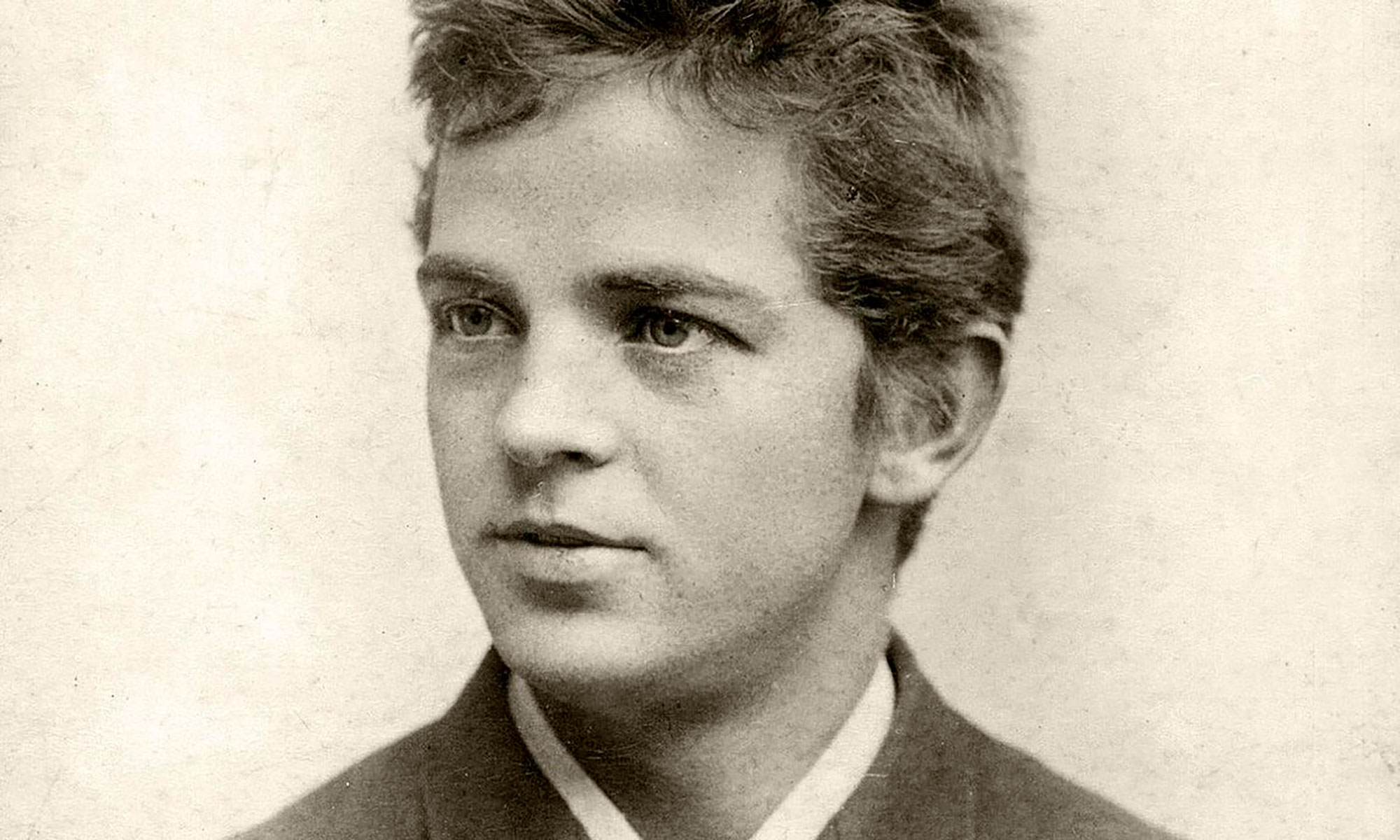
Carl Nielsen – Biography and Life
Carl Nielsen, a luminary in the realm of classical music, left an indelible mark on the world with his innovative compositions and pioneering spirit. Born[…]
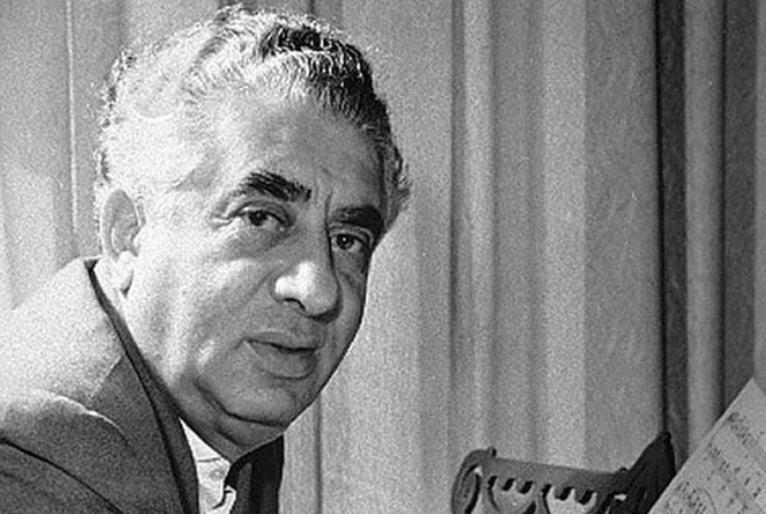
Aram Khachaturian – Biography and Life
Aram Khachaturian, born on June 6, 1903, in Tiflis (now Tbilisi), Georgia, was a prominent Soviet-Armenian composer of the 20th century. Renowned for his rich[…]
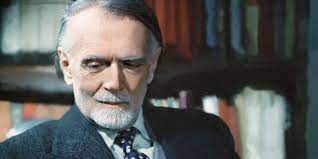
Zoltán Kodály – Biography and Life
Zoltán Kodály (1882–1967) stands as one of Hungary’s most revered and influential composers, ethnomusicologists, and music educators of the 20th century. Born on December 16,[…]
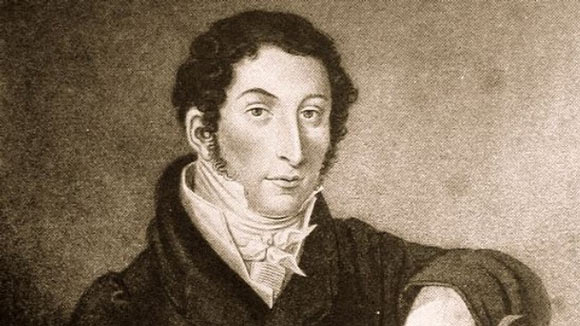
Fascinating facts about Carl Maria von Weber
Carl Maria von Weber (1786–1826) was a German composer, conductor, and pianist who played a crucial role in the transition from the Classical to the[…]
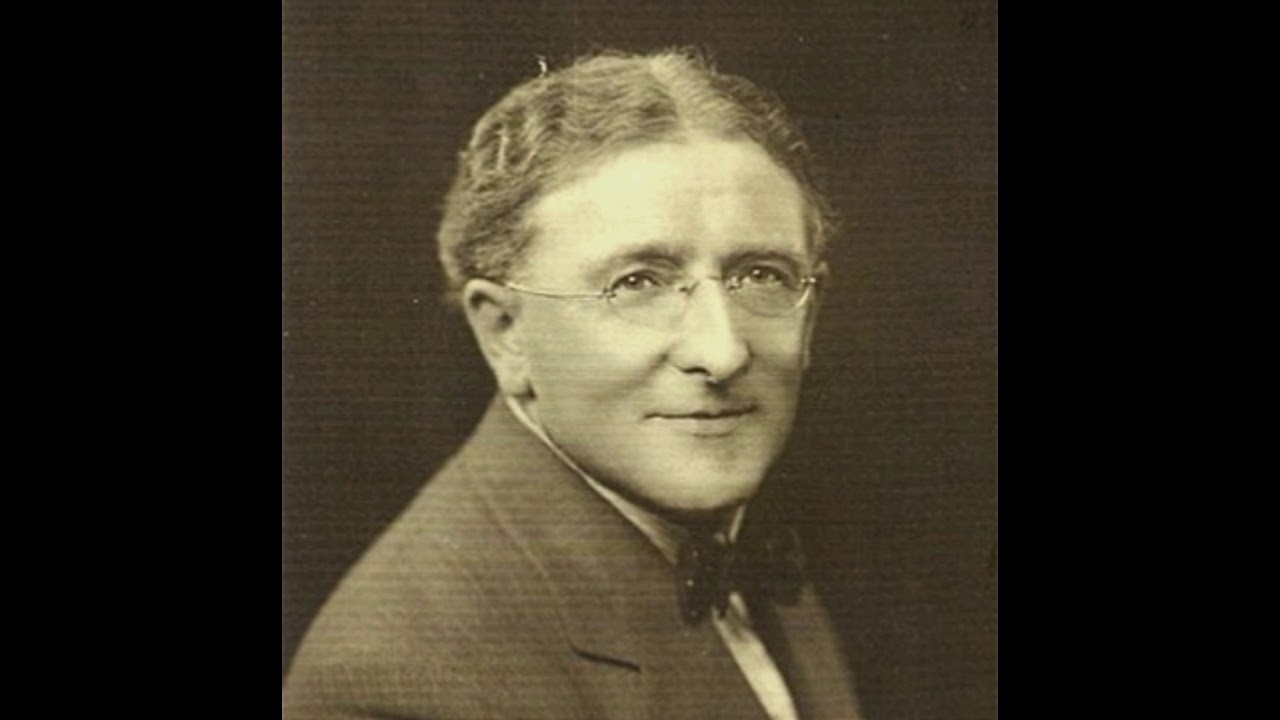
Albert Ketèlbey – Biography and Life
Albert William Ketèlbey (1875-1959) was a British composer and conductor whose prolific output of light orchestral music left an indelible mark on the musical landscape[…]
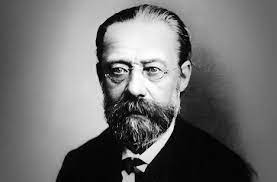
Bedřich Smetana – Biography and Life
Bedřich Smetana (1824-1884) was a pioneering Czech composer whose innovative works played a significant role in the development of Czech classical music. Born on March[…]
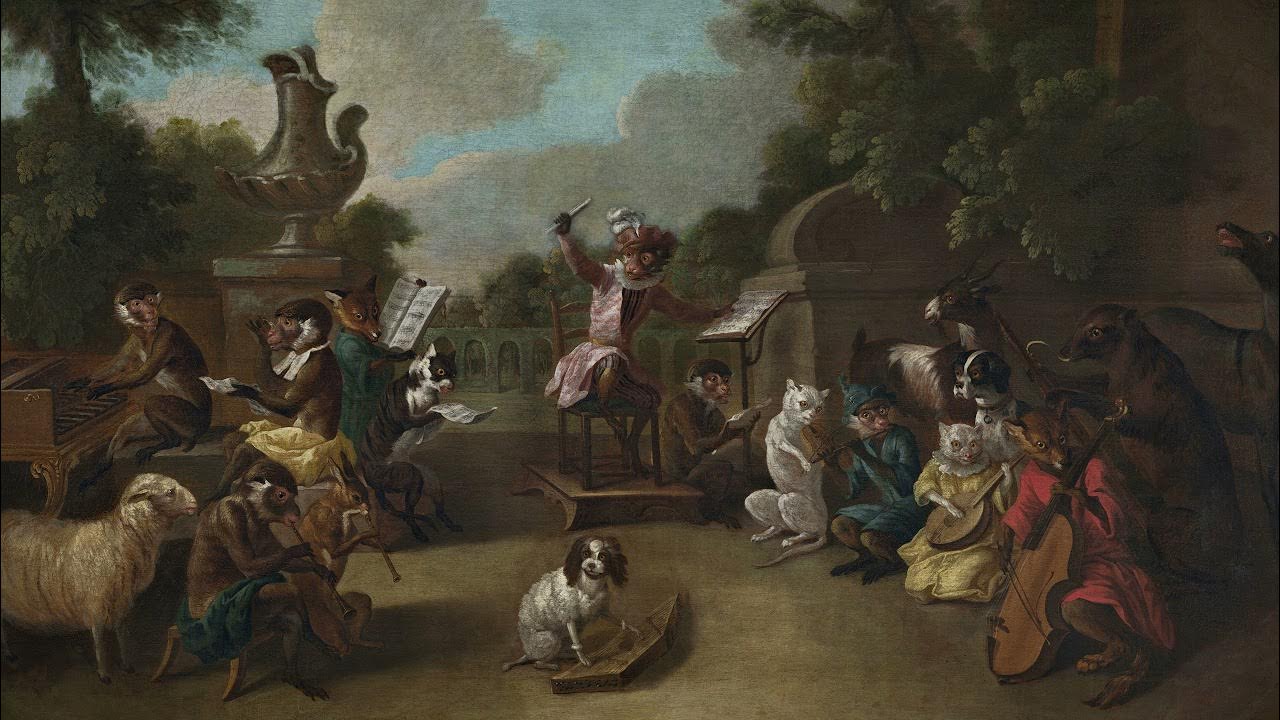
Angelo Ragazzi – Biography and Life
Angelo Ragazzi, born on March 15, 1978, in Florence, Italy, is a distinguished classical music composer renowned for his evocative and emotionally charged compositions. Raised[…]
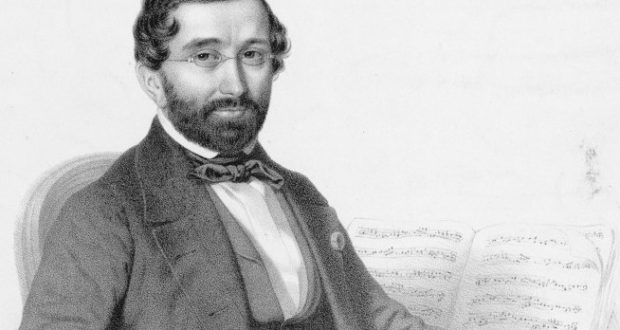
Adolphe Adam – Biography and Life
Adolphe Adam (1803–1856) was a French composer and music critic best known for his contributions to the world of ballet and opera. Born on July[…]
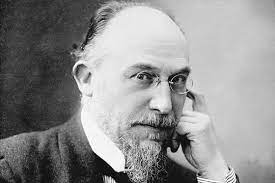
Erik Satie – Biography and Life
Erik Satie, born on May 17, 1866, in Honfleur, France, was a revolutionary figure in the world of classical music. His innovative compositions and unorthodox[…]
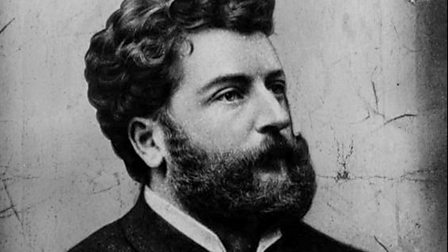
Georges Bizet – Biography and Life
Georges Bizet, born on October 25, 1838, in Paris, France, was a brilliant and influential composer of the Romantic era. His full name was Alexandre-César-Léopold[…]